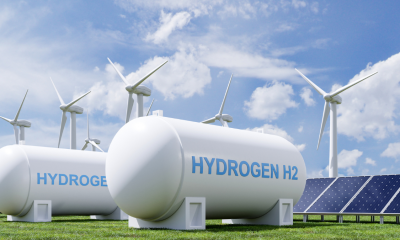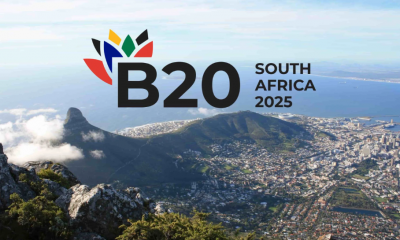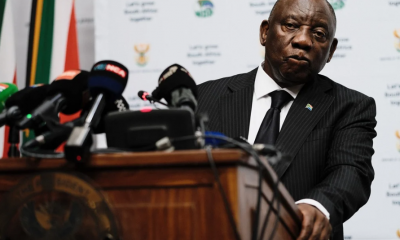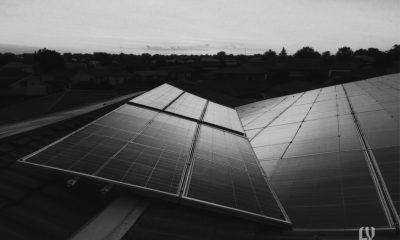Business
South Africa Pursues Climate Loans from Germany and UK After US Withdraws from Pact
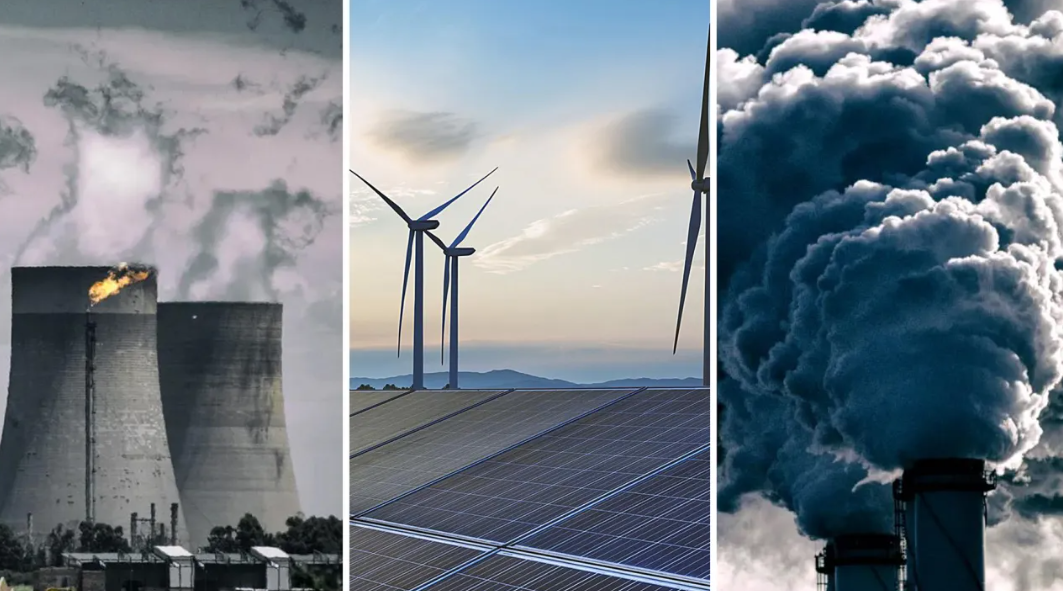
South Africa is moving ahead with plans to secure vital climate loans from Germany and the UK, despite the recent withdrawal of the US from a critical international climate pact. This comes as the country pushes forward with efforts to transition its energy sector away from coal, aiming to reduce its carbon footprint and invest in renewable energy.
What’s Happening?
In the wake of the US pulling out of its commitment to the Just Energy Transition Partnership (JETP), South Africa’s National Treasury has turned to alternative sources of support. The country is currently in talks to secure loans from key international players, including Germany’s KfW bank and the UK, which will be channeled through the African Development Bank (AfDB).
The loans are part of South Africa’s ongoing efforts to meet its climate goals, with both Germany and the UK stepping in to provide support. While specific details of the loans have not been fully disclosed, it’s expected that these funds could approach $1 billion, aimed at accelerating South Africa’s transition away from coal and bolstering renewable energy infrastructure.
Why the Change in Plans?
The US’s exit from the partnership has been a significant blow. The country had originally pledged $1 billion in loans and $48 million in grants, which would have been crucial in supporting South Africa’s energy transition. However, despite the setback, the remaining countries in the pact—including Germany, France, the UK, the EU, Denmark, and the Netherlands—are staying committed to helping South Africa move forward with its plans.
In a joint statement, the international partners reiterated their commitment to supporting South Africa’s energy transition, emphasizing that the departure of the US would not derail the efforts. These countries have already pledged significant financial resources to the JETP, with more than $2.5 billion already disbursed out of a total $8.3 billion commitment.
Details of the Loans and Projects
The loans from Germany and the UK are expected to play a pivotal role in South Africa’s energy shift. The German loan, potentially up to €500 million, would assist the country’s newly established National Transmission Company with expanding its power grid to accommodate renewable energy sources.
The UK’s loan, which could surpass $400 million, will focus on municipalities in South Africa’s coal belt, helping to fund projects related to water infrastructure and other critical needs.
In addition to the loans, both countries are considering contributing to grants that were previously pledged by the US. These grants will support various projects, including the rehabilitation of ash dumps at coal-fired power plants, decarbonisation efforts in municipalities, and worker training programs for the renewable energy sector.
The Bigger Picture: South Africa’s Just Energy Transition
The JETP program, which was formalized in 2021, aims to help South Africa, the most carbon-intensive economy among nations with populations over four million, cut its reliance on coal. By shifting towards cleaner energy, South Africa hopes to mitigate the environmental and economic impacts of climate change while also positioning itself for future growth in the renewable energy sector.
Despite the challenges posed by the US withdrawal, the international community’s ongoing support remains a critical factor in South Africa’s success. The loans from Germany and the UK, along with the continued commitment from other international partners, are crucial in helping the country achieve its ambitious climate goals.
What’s Next for South Africa?
As South Africa continues its journey towards a cleaner energy future, these climate loans and international partnerships will be essential. The country’s efforts to reduce its dependence on coal are not only a critical part of its environmental goals but also an economic opportunity, with the potential to create jobs, boost infrastructure, and improve energy security.
South Africa’s ability to navigate these turbulent times and secure the necessary funding from international partners will be key in determining the pace and success of its transition to a low-carbon economy. With the continued support from countries like Germany and the UK, South Africa remains poised to make significant strides toward a more sustainable future.
{Source News 24}
Follow Joburg ETC on Facebook, Twitter , TikTok and Instagram
For more News in Johannesburg, visit joburgetc.com





